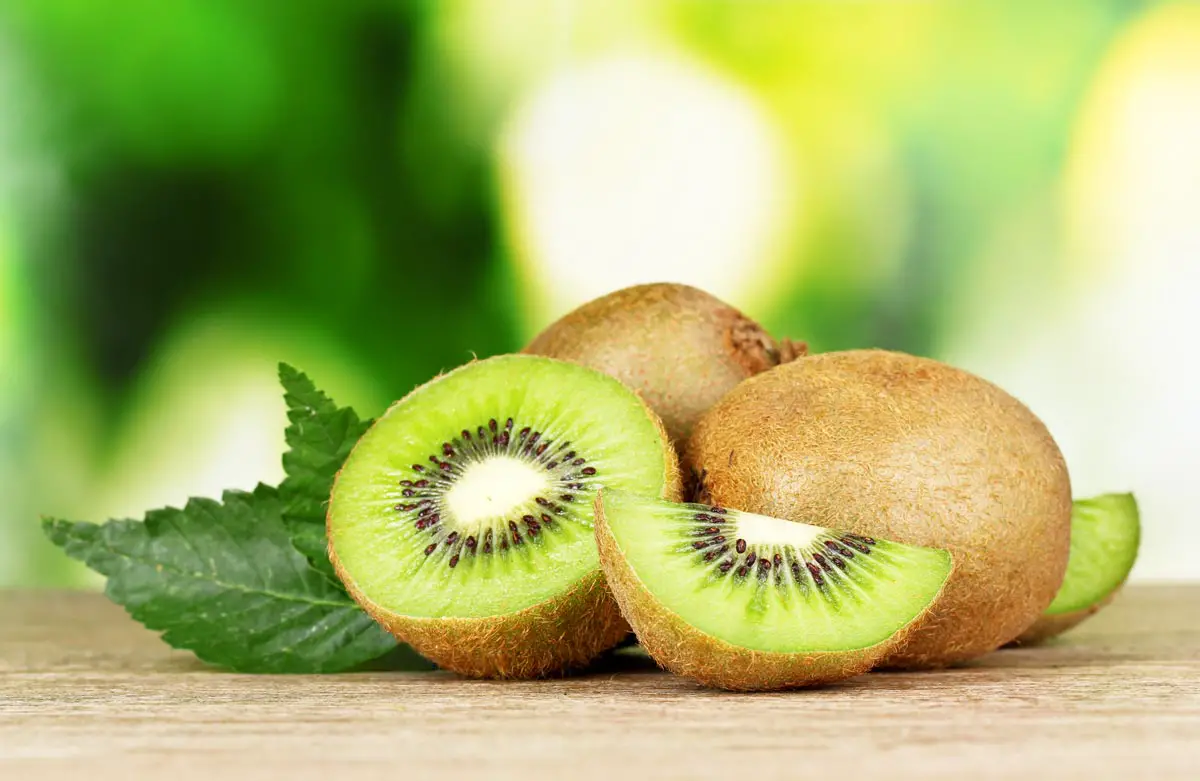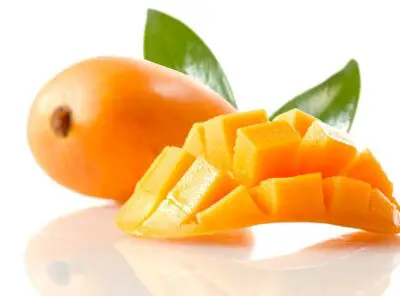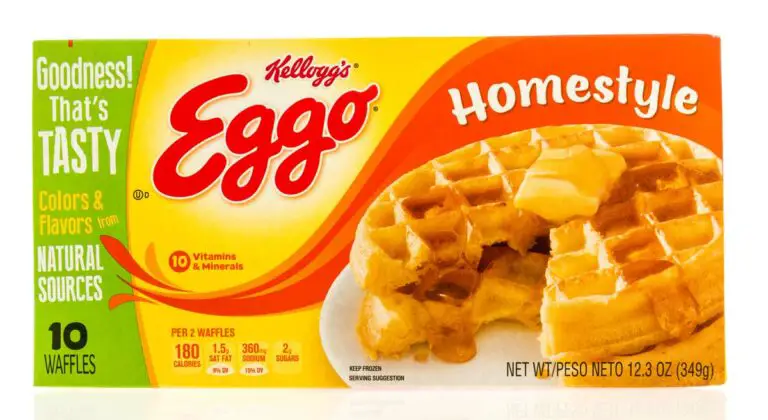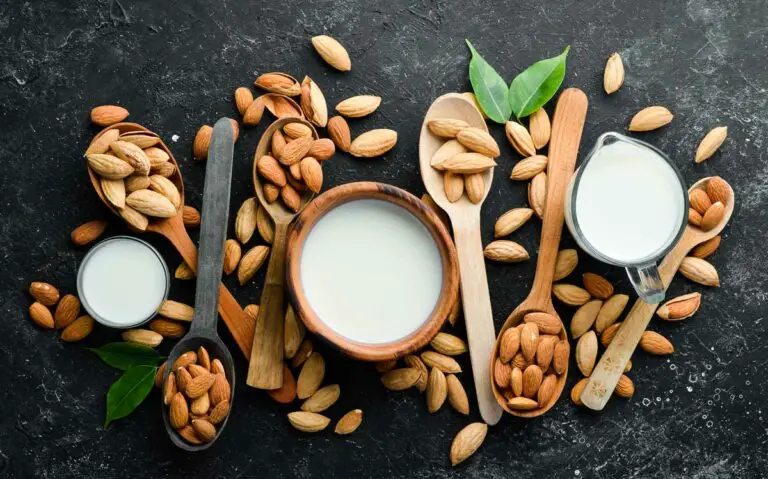Are Kiwis Supposed to be Refrigerated?

Kiwi fruits, just like any other fruits, continue to ripen as they sit on the produce aisle in the grocery store, waiting for you to come along and bag a few of them. They continue to ripen on the way home and as they sit on the counter in the afternoon. Should you refrigerate them?
While you don’t have to refrigerate kiwis, it does slow down their ripening process, giving them a little longer shelf life than they might otherwise have.
Kiwis in the fridge will last for about 7 days. Sitting on your counter is fine, so long as you plan on eating them within a day, or two at most. While kiwi fruits have pretty durable skin, warmth hastens the ripening process and opens the door to bacteria and fungal growth after more than a couple of days.
Properly Storing Kiwi Fruit
In the fridge, fully ripe kiwi fruit will last about five days while SunGold Kiwi fruits will tack on an extra day or two. You can tell the difference between a ripe kiwi and an unripe one by how firm it is in your hand, especially when you squeeze it.
If you squeeze and it gives under pressure, it’s ripe. If the kiwi fruit is nice and firm, without giving under pressure, it’s probably not best to eat it just yet. Of course, purchasing kiwis that aren’t ripe yet will give you a little more shelf-storage time, so long as you aren’t too eager to eat them.
You’re not supposed to put unripe kiwis in the fridge. Once they ripen, you’re welcome to put them in the fridge and they don’t require a level of ventilation like grapes. Once they go in the fridge, you have an additional five to seven days of shelf time.
If you do put them in the fridge before they are ripe, it will take them much longer to reach a stage in which they are edible. If you buy a ton of kiwis, placing them in the fridge before they are ripe will buy you a lot of extra time.
When you want a kiwi, simply pull it out of the fridge and sit it on the counter. Allow it to finish ripening and eat it. You can do this for quite a while before you start to have any problems with waste.

Freezing Your Kiwis
There are three ways to store kiwis in the freezer, especially if you have a ton of them and it’s going to take a while to get through them all—whole, sliced, and diced up. You should only freeze your kiwis if the kiwis are ripe.
If you freeze them before they get ripe, well, you’ll never have ripe kiwis. The best place to store unripe kiwis, assuming you are not ready to eat them, is in the refrigerator. Freezing a kiwi that isn’t ripping affects the ripening process later when you are ready for them to ripen.
The freezing and thawing process has a devastating effect on materials, whether their flesh and bone or the flesh of a fruit, and it will fundamentally alter the way the kiwi tastes once it is finally ripe and ready to eat.
If you slice your kiwis or expose the inner flesh to the outside world, you shouldn’t let them come into contact with plastics such as Ziploc baggies. You should only keep them in a Tupperware container with a lid on them.
You can also place them on a cookie sheet, so long as you lay down some non-stick material beforehand, such as aluminum or wax paper, with the latter being preferable. Although you can freeze kiwis whole and with the skin on, it’s better to slice them or remove the skin.
Kiwis that thaw out when they are whole and the skin intact, tend to be extremely mushy.
Thawing Frozen Kiwis
The thawing process shouldn’t be sudden. You want the kiwis to defrost very slowly, taking a minimum of 12 hours to reach the point where they are ready to start ripening. As they defrost, they will leave behind a good deal of water.
The freezing and thawing process takes a toll and the kiwis will often be a little drier than they would have if you had eaten them fresh or straight out of the fridge.
How to Tell if the Kiwi is Going Bad
Kiwis, especially with the skin still on, are difficult to test if you’re looking for one that’s gone bad. They don’t have a smell if they’re no longer good. Most people expect rotten food of any kind to have a smell and kiwis do not.
They’ll also have a very soft texture to them. When you squeeze the kiwi, it should be soft and yielding, however, if it’s downright mushy, you have a bad kiwi and should toss it.
If you cut it open and the green flesh is pretty dark, that’s also an indicator that the kiwi has gone over and you should probably toss it.
There are also other topics you might be interested in reading about, such as Are Macarons Supposed To Be Refrigerated and Are Mangoes Supposed To Be Refrigerated? and Should You Store Raw Fish In A Refrigerator?
All Things Considered
Kiwis are pretty tough fruits and they don’t go bad easily. If you bring them home from the store and set them on the counter, you have a couple of days to eat them. Once they’re ripe, storing them in the fridge will give you five to seven days, and freezing them is nearly indefinite.







